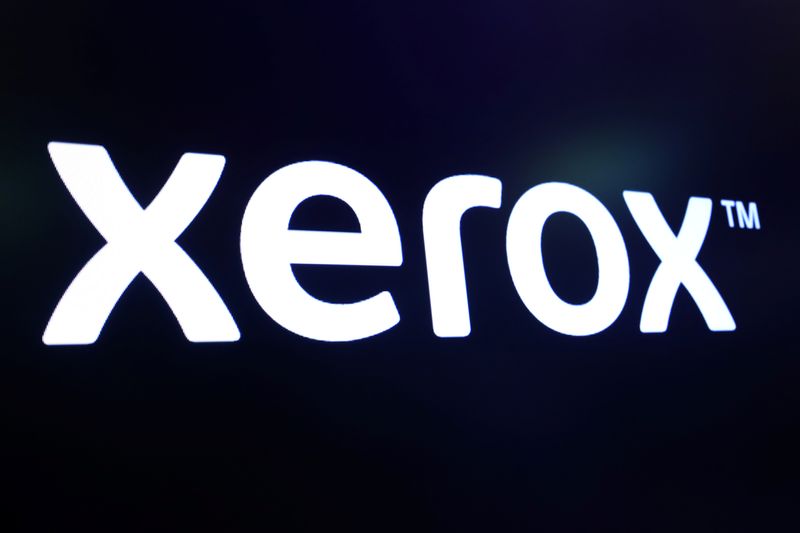By Jaspreet Singh and Aditya Soni
(Reuters) -Workplace gear producer Xerox (NASDAQ:) has agreed to purchase Chinese language-owned printer and printing software program maker Lexmark Worldwide in a $1.5 billion deal to increase its presence in Asian markets and higher compete in an business upended by the digital age.
The acquisition from Ninestar, PAG Asia Capital and Shanghai Shouda Funding Centre will convey Lexmark again to U.S. possession. Shaped out of IBM (NYSE:) in 1991, Lexmark was offered to a gaggle of Chinese language traders in a $3.6 billion deal in 2016.
Xerox, a family identify globally, has posted income declines for 5 straight quarters as demand for printing gear sputtered and it confronted robust competitors from HP (NYSE:) and Canon.
Its shares, down greater than 50% this 12 months, jumped 7% on Monday.
Lexmark, already a Xerox provider, will increase its presence within the A4 colour printing phase, one of many few increasing areas in an business dealing with challenges because of the shift to digital paperwork.
The mixed firm is predicted to serve greater than 200,000 purchasers in 170 international locations and have a market share among the many prime 5 companies globally in numerous print segments.
Xerox expects the deal to right away assist revenue and ship greater than $200 million in annual value financial savings by serving to scale back advertising and actual property bills, amongst others.
“That money can be reinvested for the future. Xerox has set themselves up for the future,” stated Zeus Kerravala, principal analyst at ZK Analysis.
In 2020, Xerox had made a $35 billion hostile bid for HP earlier than the COVID-19 pandemic hampered its plans. Its market worth has since shrunk to about $1 billion from round $8 billion that 12 months.

Xerox expects to finance the Lexmark deal, more likely to shut within the second half of 2025, via money readily available and debt. To assist with the financing, it’s decreasing annual dividend to 50 cents per share from $1.
The corporate stated it doesn’t anticipate any regulatory challenges for the deal, which would want approvals from international locations, together with China.




